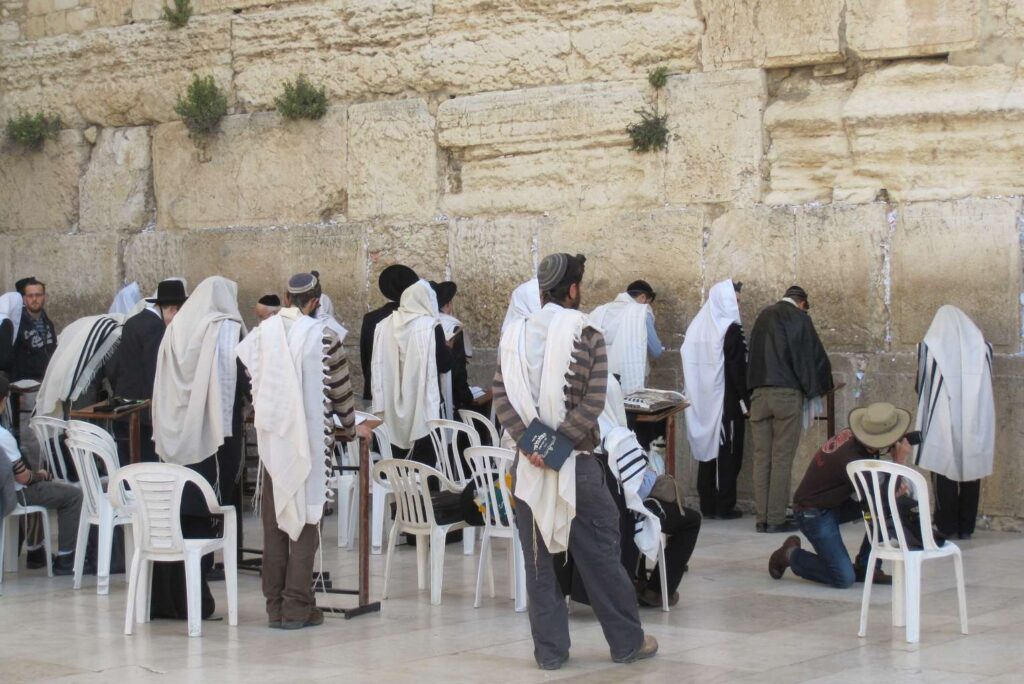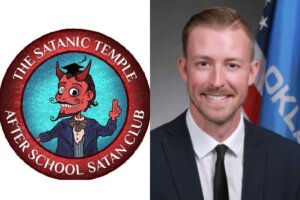Facing an Uncertain Future With Faith
Most observers laud the Assemblies with its handling of these extremely difficult and public scandals. Still, it was embarrassing and cast a certain pall over the denomination. No longer was it seen as the widely successful, growing church; instead, it showed that it was uncertain of itself and its future.
Indeed, anyone attending a large AG conference has sensed the unique energy; they’re upbeat, powerful and filled with believers claiming the Spirit’s power and blessing. Look out, devil! Yet behind the scenes there’s been serious second-guessing and tension. The leadership knows the rank and file don’t look to them the way COGIC looks to its presiding bishop. The successful churches sometimes have little denominational loyalty (with exceptions, of course). Add to this the changing morality of society and how is a denomination to respond?
Enter two dynamic leaders.
Tom Trask, a likable former pastor and district superintendent from Michigan, inherited a tough job as he became general superintendent five years after the Bakker/Swaggart scandals. Known for giving friends and strangers alike a hearty European-style kiss on the cheeks, Trask’s passion was infectious. He encouraged entrepreneurs like Hal Donaldson and his brothers to build Convoy of Hope (see story on p. 38). Today Convoy distributes almost $80 million worth of goods and supplies each year to those in need around the world.
Trask also was willing to jettison Assemblies programs and surrounded himself with leaders who brought in younger people and encouraged church growth, particularly among Hispanics and African-Americans. During Trask’s tenure came the emergence of leaders such as Rodriguez, who has become influential through his National Hispanic Christian Leadership Conference, which represents millions of Hispanic believers and more than 40,000 U.S. churches.
Trask abruptly resigned in 2007 before his term ended, which would normally leave a gaping hole. Yet the man who followed him had served on the Executive Presbytery as general secretary for 14 years: George O. Wood. Trained as a lawyer, Wood had been a pastor in California for 17 years, then assistant superintendent in the Southern California district for five years before becoming general secretary.
Here’s another paradox: At age 72, Wood is embraced by the younger generation, who seem to understand his larger-than-life task of retooling a denomination for the future. To accomplish that, he’s brought in leaders with experience at LifeWay (owned by the Southern Baptists) whom he found working at The Oaks Fellowship, an AG megachurch in Dallas. He tasked them with revitalizing the AG publishing program, including servicing churches more effectively with the My Healthy Church brand of ministry resources. With support of the Executive Presbytery and General Presbytery, he reorganized the many departments that were independent kingdoms and installed COO Sol Arledge, an independently wealthy Pentecostal businessman who had retired to serve full-time as a volunteer youth pastor but eventually wound up at headquarters in Springfield.
Like Trask, Wood understands the importance of fanning already-fueled fires, and for today’s Assemblies that means tending to the denomination’s largest areas of growth: ethnic minorities and millennials. In addition to the aforementioned surge among non-whites, one-third of the AG (1.1 million) is now 25 years old or younger, and 52 percent are under age 35. Currently there are 12,800 AG churches in the U.S., 2,000 of which have been added in just the past six years. Recently released statistics show the AG’s growth percentage continues to outpace that of the American population.
“Dr. Wood’s leadership has given our movement a chance to prove the historians wrong,” says Scott Wilson, pastor of The Oaks Fellowship. “Time alone doesn’t make an organization obsolete … stubborn pride and a love for the status quo is what takes you down.”
If Wood has any say—and he’s had plenty thus far in shaping a “new AG”—those two deterrents won’t factor into what is obviously a bright future for the denomination. What looms instead are the massive questions of cultural relevancy amid increasingly hostile opposition. How will AG churches and believers respond when they’re targeted by such forces as the gay agenda or an anti-Christian government?
Though most AG adherents are politically conservative, politics is rarely discussed and Assemblies leaders of past generations have been curiously quiet in the cultural wars, unlike other Christians leaders such as Jerry Falwell, Pat Robertson or attorney Jay Sekulow.
Wood sees it differently, however: “We have been anything but quiet. In regard to homosexuality, I have taken strong public stands on homosexual issues related to the Boy Scouts [and] World Vision, as well as an active role in the Springfield community when the city council was poised to enact legislation favorable to homosexuals. Pastors all across the country have spoken up for life (against abortion) and for marriage as between a man and a woman. We have given strong public support for the Hobby Lobby case before the Supreme Court. I’ve also worked behind the scenes with the National Association of Evangelicals on these issues as they have a bigger megaphone than any one of their member denominations or churches.”
Indeed, Wood has spoken out on issues of life and sexuality, but will other AG leaders follow suit? Will the Assemblies be content to let others lead in the culture wars, or will its voice be as pronounced as its global growth?
These questions must be answered, and certainly will if our nation continues on its current course. But for now, as the Assemblies of God marks its centennial, we can look back and marvel over what the Holy Spirit has accomplished through this denomination for 100 years. Because the truth is that, just as it was with an assembling of faith-filled yet assorted Pentecostals in 1914, the good that comes out of this movement is not despite its unique paradoxes and contrasts but because of them.
Steve Strang is the founder and publisher of Charisma. If you haven’t already, read about his personal connection with the Assemblies of God.
See an error in this article?
To contact us or to submit an article
























